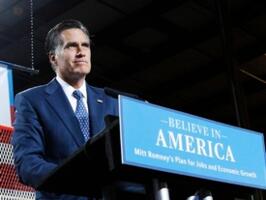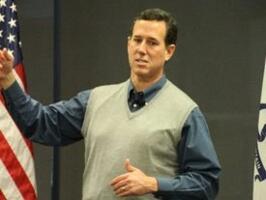January 19, 2012
Former House Speaker Newt Gingrich has now surged ahead of Mitt Romney in the final Rasmussen Reports survey of the South Carolina Republican Primary race with the vote just two days away.
The latest telephone survey of Likely GOP Primary Voters in the state finds Gingrich with 33% support to Romney’s 31%. Two days ago, before the last debate, it was Romney by 14 percentage points.
Texas Congressman Ron Paul now runs third with 15% of the vote, followed by former U.S. Senator Rick Santorum at 11%. Paul's support is steady while Santorum's support has dropped five points since Monday. At the beginning of the month, just after Santorum’s strong showing in the Iowa caucuses, he ran second to Romney with 24% of the vote.
Texas Governor Rick Perry continues to run last with two percent (2%) support. He has dropped out of the race today and endorsed Gingrich. One percent (1%) of likely primary voters like some other candidate in the contest, and six percent (6%) remain undecided. (To see survey question wording, click here.)
(Want a free daily e-mail update? If it's in the news, it's in our polls). Rasmussen Reports updates are also available on Twitter or Facebook.
This South Carolina survey of 750 Likely Republican Primary Voters was conducted on January 18, 2012 by Rasmussen Reports. The margin of sampling error is +/- 4 percentage points with a 95% level of confidence. Field work for all Rasmussen Reports surveys is conducted by Pulse Opinion Research, LLC. See methodology.










